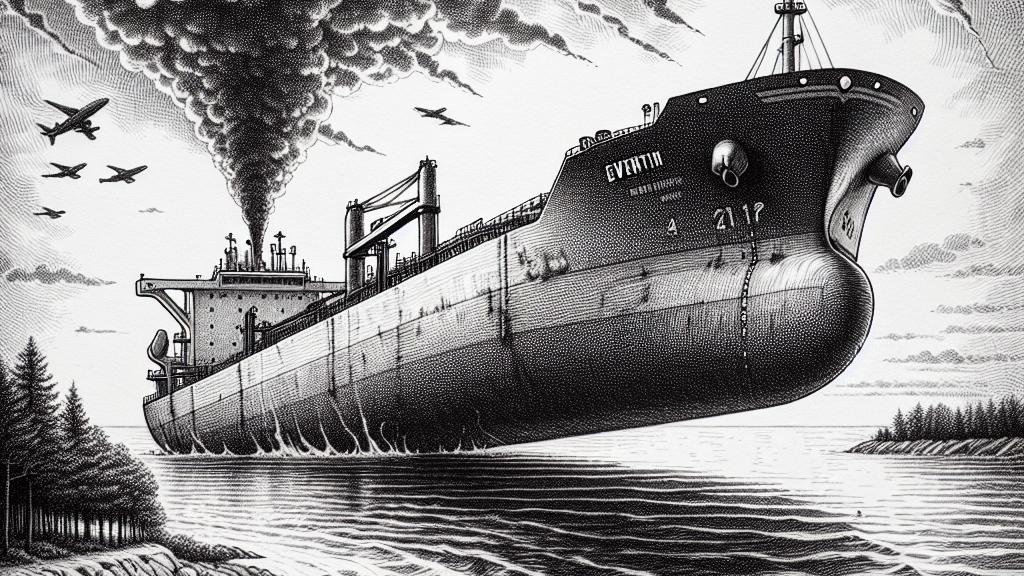Germany's Efforts to Save a Stuck Oil Tanker
Overview
- A stranded oil tanker off Germany holds a precarious 100,000 tonnes of crude oil.
- Swift action is taken to prevent a looming ecological disaster.
- Germany confronts security threats posed by Russia's outdated maritime fleet.

A Critical Maritime Emergency
Imagine this: off the picturesque northern coast of Germany, a serious situation is brewing. The oil tanker Eventin, loaded with an alarming 100,000 tonnes of crude oil and part of Russia's evasive shadow fleet, has lost its engine power. It drifts helplessly, threatening to turn the calm waters into a hazardous spill zone. A potential disaster of this magnitude could devastate marine life and local economies, making the urgency of the situation crystal clear. If action isn’t taken fast, the consequences could be dire—not just for Germany, but for the entire European coastline.
Decisive Government Actions
Responding to this crisis with remarkable urgency, German officials initiated a robust rescue operation. Foreign Minister Annalena Baerbock expressed outrage at Russia for deploying aging and dilapidated vessels that risk not only ships but also the environment. She emphasized how these actions endanger European security. Meanwhile, three powerful tugboats were dispatched, linking up with the Eventin to safely tow it away from the treacherous coast. Their progress, however, was painstakingly slow, battling gusty winds and towering waves as they navigated through dangerous waters—each moment critical in preventing disaster.
Environmental Stewardship in Action
With each passing hour, the stakes couldn't be higher. The risk of an oil spill posed a dire threat to marine ecosystems, potentially releasing toxic substances into the ocean. Germany’s effort to avert an ecological catastrophe resonates deeply, symbolizing a commitment to environmental stewardship that goes beyond borders. It’s a vivid reminder of our shared responsibility to protect our planet. As tugboats maneuvered towards safer waters, this operation stood as a powerful example of how swift, collective action can challenge even the most daunting threats.

Loading...